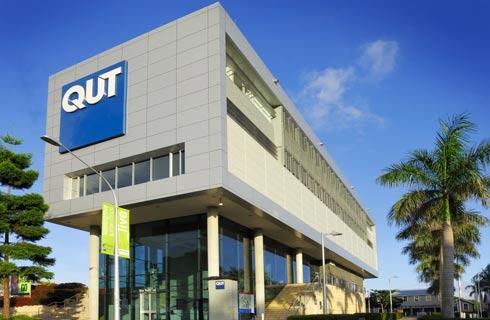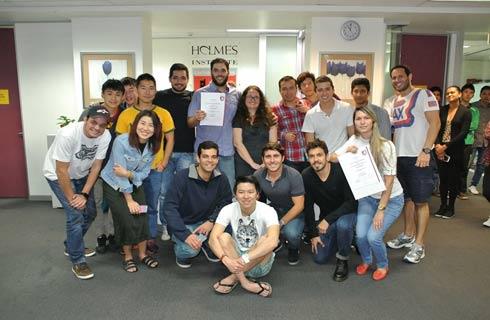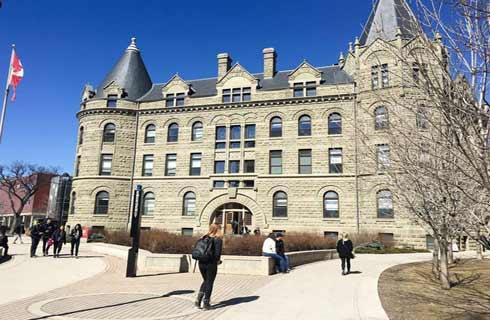Bachelor of Arts in Latin American and Iberian Studies - Latin American Studies

学历文凭
Bachelor Degree

专业院系
拉丁语

开学时间

课程时长

课程学费

国际学生入学条件
An official high school record leaving certificate and or graduation examination results or their notarized copies All documents in foreign languages must be translated by a certified professional Records must be sent directly from the institution to be considered official.
Academic recommendation letter from a school-based counsellor and or teacher.
500-word essay.
Test scores.
All nonnative speakers of English must demonstrate English language proficiency Students can demonstrate proficiency by submitting the following exams -
TOEFL 79 plus.
IELTS 6.0 plus.
SAT Evidence Based Reading and Writing ERWS component of 480 plus.
ACT Reading and English component scores totaling 34.
IDP—雅思考试联合主办方

雅思考试总分
6.0
了解更多
- 雅思总分:6
- 托福网考总分:79
- 托福笔试总分:160
- 其他语言考试:Duolingo English Test - Spring 24 and Fall 24 100 plus. Spring 25 or later 105 plus.
CRICOS代码:
申请截止日期:请 与IDP联系 以获取详细信息。
课程简介
As a student in the Latin American and Iberian Studies program, you will immerse yourself in the rich cultural tapestry of these regions. This program offers a comprehensive exploration of Latin American and Iberian languages, histories, literature, and beyond, equipping you with a deep understanding and global perspective. You will also have the opportunity to curate your experience with three different tracks: language, culture, and society, translation studies, or Latin American studies.<br><br>You will emerge from this program prepared to:<br><br>Communicate proficiently, using all four skills (i.e. speaking, listening, reading and writing), in academic, professional, and everyday settings in the language that is required by your selected track<br>Produce scholarly work in dialogue with academic fields such as anthropology, history, and geography <br>Apply pre-professional translation skills to a variety of documents in both directions, Spanish to English and English to Spanish<br>Assess a variety of theoretical approaches to Translation Studies in order to adopt adequate methodologies for the translation of a variety of documents<br><br>The Latin American Studies Track offers a comprehensive, coherent and multidisciplinary curriculum examining the historical, political, social, and cultural currents that have shaped the societies and cultures of Latin America. In this track, students learn and apply a range of analytical approaches to develop their knowledge, understanding, and critical thinking about how the diverse societies of the region have developed through centuries of internal struggle and contested exchange with Europe, Africa, North America, and Asia. The multidisciplinary approach in this track supports student success by preparing them for an increasingly transnational world. The track also supports students in the timely completion of their undergraduate programs by allowing them to fulfill a number of University General Education and Distribution Requirements while pursuing their major. Students specializing in this track may consider careers in education, journalism, international relations, trade, management, law, and public policy, as well as higher degrees in the humanities, social sciences, and health sciences.<br><br>Complete 36 credits from twelve courses including three core courses, one foundational course, three intermediate courses, four advanced 300-level courses, and one advanced 400-level course.<br>Native speakers of Spanish must also obtain intermediate proficiency in Portuguese.<br>Native speakers of Portuguese must also obtain intermediate Spanish proficiency.<br>Students in this track are strongly encouraged to study abroad.
相关申请

预科

奖学金

实习机会

在校学习

跨境学习

校园授课-线上开始

在线/远程学习
学校排名
世界排名
201
数据源:泰晤士高等教育世界大学排名
本校相关课程
Bachelor of Arts in Africana Studies

学历文凭
Bachelor Degree
下一个开始日期
课程费用总额
Bachelor of Arts in American Studies

学历文凭
Bachelor Degree
下一个开始日期
课程费用总额
Bachelor of Arts in Anthropology

学历文凭
Bachelor Degree
下一个开始日期
课程费用总额
Bachelor of Arts in Archaeology and History

学历文凭
Bachelor Degree
下一个开始日期
课程费用总额
Bachelor of Arts in Art

学历文凭
Bachelor Degree
下一个开始日期
课程费用总额
Bachelor of Arts in Asian Studies

学历文凭
Bachelor Degree
下一个开始日期
课程费用总额
其他相关课程
拉丁美洲和加勒比研究文学士学位(荣誉学位)

麦吉尔大学继续教育学院
泰晤士高等教育世界大学排名:

学历文凭
Bachelor Degree with Honours
下一个开始日期
课程费用总额
拉丁美洲研究文学士学位

麦吉尔大学继续教育学院
泰晤士高等教育世界大学排名:

学历文凭
Bachelor Degree
下一个开始日期
课程费用总额
拉丁美洲研究文学士学位

卡尔加里大学
泰晤士高等教育世界大学排名:

学历文凭
Bachelor Degree
下一个开始日期
课程费用总额
拉丁美洲文学和文化研究文学士

维多利亚大学
泰晤士高等教育世界大学排名:

学历文凭
Bachelor Degree
下一个开始日期
课程费用总额
拉丁美洲文学和文化研究文学士学位(荣誉学位)

维多利亚大学
泰晤士高等教育世界大学排名:

学历文凭
Bachelor Degree with Honours
下一个开始日期
课程费用总额
拉丁美洲研究文学士学位

阿尔伯塔大学
泰晤士高等教育世界大学排名:119

学历文凭
Bachelor Degree
下一个开始日期
课程费用总额




